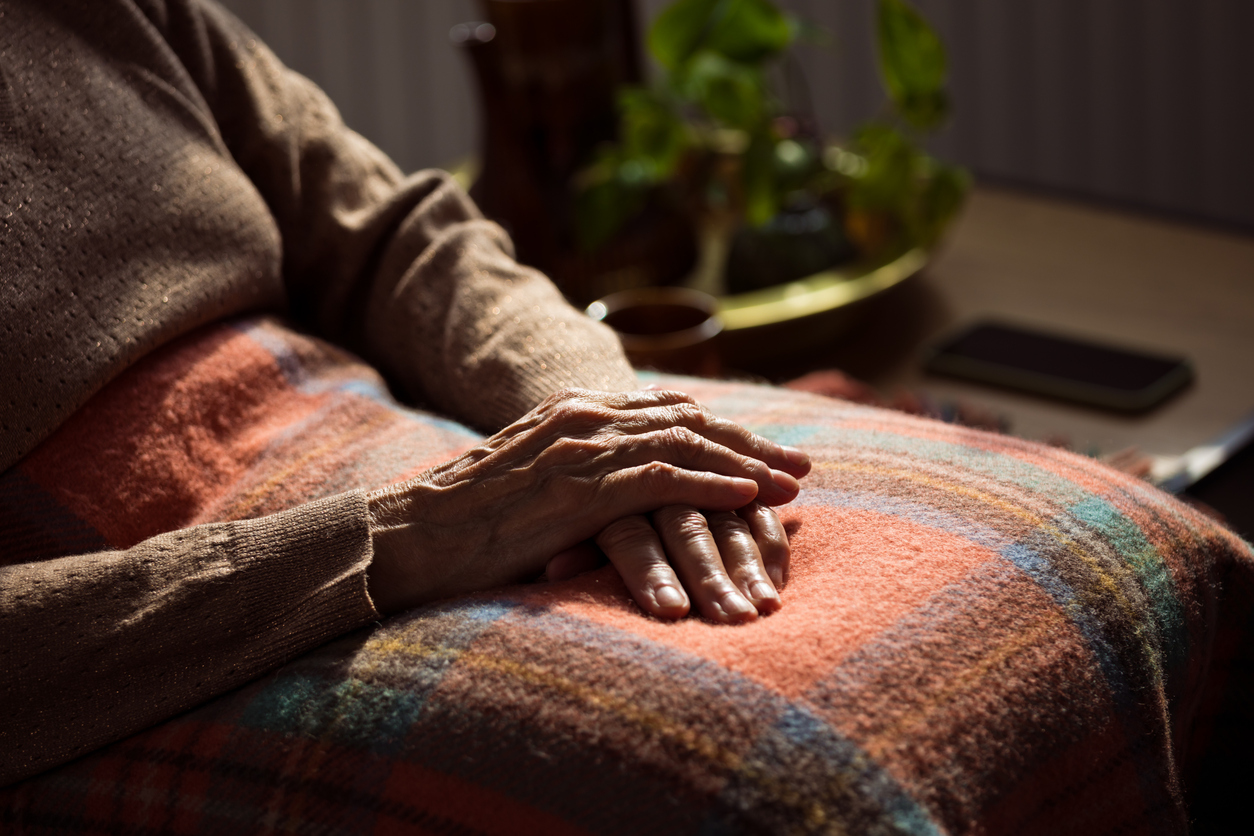Cogburn Davidson | June 9, 2025 | Nursing Home Abuse

At Cogburn Davidson Car Accident & Personal Injury Lawyers, our award-winning team of nursing home abuse attorneys have spent 20 years forcing negligent facilities to pay for every bruise, pressure sore, and stolen dollar. Drawing on 40 + years of collective experience and hundreds of millions in verdicts and settlements, we’ve learned exactly what evidence persuades state investigators, insurance adjusters, and Nevada juries. The step-by-step guide below distills that expertise so you can protect your family and build an airtight case.
1. Know Your Legal Foundation
- Freedom from abuse & neglect is a federal right under 42 C.F.R. § 483.12 and a state duty under Nevada’s long-term-care regulations and reporting statutes
- Every licensed facility must self-report serious incidents on Nevada’s official Facility-Reported Incidents (FRI) form within 24 hours of discovery—yet families often uncover abuse first and must act fast (Nevada DPBH FRI)
- Suspected abuse can—and should—be reported directly to the Aging & Disability Services Division (ADSD) Adult Protective Services at 702-486-6930 (Las Vegas/Clark County) or 888-729-0571 statewide (Report Abuse)
- Documenting thoroughly not only strengthens those reports; it also preserves critical evidence if a civil lawsuit becomes necessary
2. Prioritize Immediate Safety
- Call 911 if the resident is in imminent danger.
- Request a prompt medical exam and insist the findings be entered into the resident’s chart—you are entitled to that record under federal and state law.
- Notify the charge nurse and administrator in writing; keep copies.
3. Gather Evidence
| Task | Best Practice | Why It Matters |
| Write a Timeline | Note dates, times, staff names, and direct quotes as soon as events occur. | Fresh details anchor later testimony and show a pattern. |
| Request Records | Ask (in writing) for care plans, medication sheets, incident reports, and phone logs. | Facilities must provide records within two working days under CMS guidance (CMS Appendix PP). |
| Save Correspondence | Print emails, log voicemails, and photograph text messages with date stamps. | Shows how and when the facility was put on notice. |
4. Preserve Physical and Digital Evidence
- Clothing & Bedding: Bag stained garments or soiled linens in paper (not plastic) to avoid mold and cross-contamination.
- Medical Devices: Photograph broken bedrails or malfunctioning lifts.
- Financial Records: Copy bank statements or credit-card bills if financial exploitation is suspected.
- Cameras & Call-Light Logs: Request digital backups before the facility overwrites footage (some systems purge after 72 hours).
5. Gather Witness Statements
- Speak kindly but promptly with roommates, CNAs, and visiting family members; record their observations (with permission) on your phone
- Ask them to sign and date written summaries
- Remind staff that retaliation for reporting is illegal under both federal and state law
6. File Official Reports—In Writing and On Time
- ADSD Intake: Complete an online or phone report; obtain the intake number.
- Facility Administrator: Hand-deliver or email your written complaint; request a stamped copy.
- Nevada Attorney General Senior Protection Unit: Forward serious neglect or financial-abuse cases for possible criminal review (Senior Protection Resources).
Pro tip: send all documents by certified mail or secure email to create a receipt trail.
Evidence in Hand, Power on Your Side
Well-collected evidence transforms a heartbreaking story into a winning case. Our team at Cogburn Davidson leverages that proof with relentless investigation, seasoned medical experts, and courtroom-tested strategy—because Nevada seniors deserve nothing less. If you suspect abuse, call us 24/7 at (702) 706-7893 or request a free consultation. You pay no fee unless we recover for your family.
